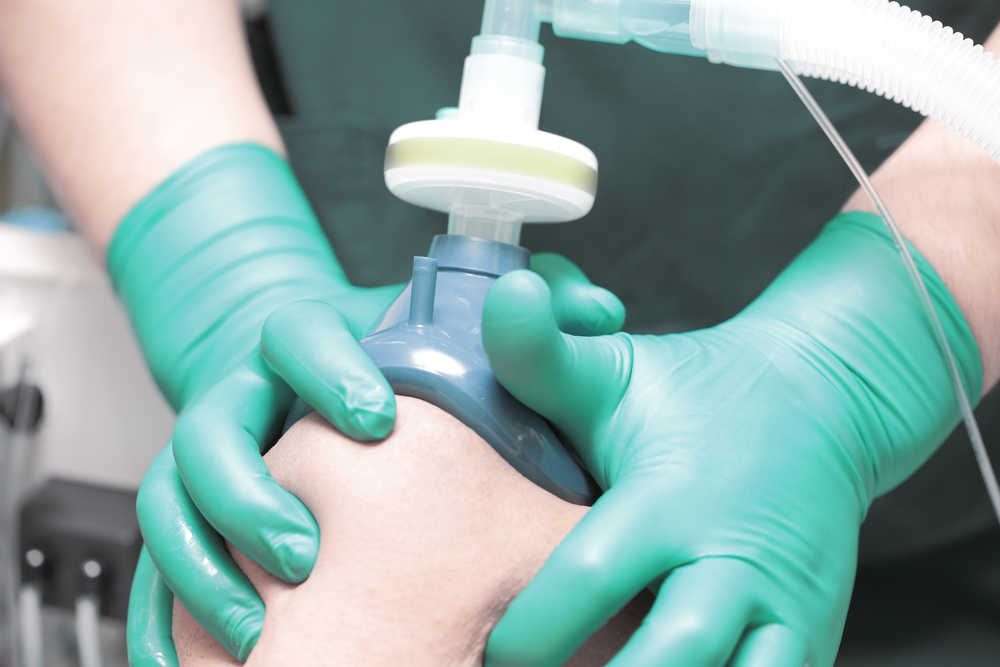Want to reduce reintubation rates?

Reconnect to Mechanical Ventilation for 1h after a successful spontaneous breathing trial
EJRC Article Review
Post-extubation respiratory failure causes between 5-30% of patients to require reintubation, which is associated with increased mortality. Spontaneous breathing trials aim to evaluate when a patient is ready for extubation and involves a trial of T-tube, low level pressure support or continuous positive airway pressure for varying durations ranging from 30 to 120 minutes. It was hypothesised that a rest period after a spontaneous breathing trial will improve extubation rates.
Method
A parallel, two-arm, prospective, randomised controlled trial in 17 Spanish Medical-Surgical ICUs aimed to test this hypothesis. From October 2013 to January 2015, 470 mechanically ventilated patients who had been receiving Mechanical Ventilation for at least 12 hours were enrolled.
If spontaneous breathing trial (SBT) was successful they were either extubated immediately (Control group) or reconnected to the ventilator with the previous ventilator parameters for 1 hour of rest and then extubated (Rest group).
The Primary outcome of this study was reintubation within 48 hours with secondary endpoints of post-extubation respiratory failure, ICU and Hospital Length of stays and Mortality.
Results
Post-extubation respiratory failure within 48 hours occurred in 82 (17%) patients with 58 (24%) in the control group and 24 (10%) in the rest group (OR 0.35 (0.21-0.61); p < 0.001). Of these 34 (59%) in the control and 13 (54%) in the rest group required NIV for a median of 12 hours. 22 (38%) in the control group and 9 (37%) in the rest group were directly reintubated. Reintubation was eventually required in 16 patients that received NIV with 13 (38%) in the control group and 3 (23%) in the rest group, p = 0.33.
The main reason for reintubation was the inability to manage secretions that induced acute respiratory failure. Median length of ICU stay was not different between the 2 groups nor was the median length of hospital stay.
8 patients (2%) died in the ICU during the 48 hours post-extubation period with no significant difference between the 2 groups in mortality demonstrated.
Discussion
Reconnection to the Ventilator for 1 hour after successful Spontaneous Breathing Trial reduced reintubation at 48 hours in critically ill patients. Further studies are required to investigate any physiological changes associated with resting the patient in this group.
Only 225 patients per group were enrolled instead of the 686 patients per group that were required to power the study, but luckily the difference between groups was significant enough to overcome this underpowered study. A major limitation in this study was its overall generalisability given that they had identified 4317 patients who were being mechanically ventilated. The selection to 2765 was sensible to exclude post-operative extubations requiring at least 12 hours of mechanical ventilation, but multiple exclusions applied resulting in only 608 of these patients being eligible from 2765.
SBT was performed with a range of different techniques such as the use of T-tube vs low level pressure support or continuous positive airway pressure (CPAP) (known to have effects on Extubation success2) and varying durations, which add confounding variables.
This is further complicated by each hospital using its own weaning and physiotherapy protocols after extubation with little standardisation.
Article review was prepared and submitted by James Burton, Specialist registrar, University College London on behalf of the EJRC.
References
1) Fernandez, M.Mar; Gonzalez-Castro, A; Magret, M et al. Reconnection to Mechanical ventilation for 1 h after a successful spontaneous breathing trial reduces reintubation in critically ill patients: a multicentre randomised controlled trial. Intensive care Med (2017) 43: 1660-1667.
2) Burns et al. Trial directly comparing alternative spontaneous breathing trial techniques: a systematic review and meta-analysis. Critical Care (2017) 21: 127.